Promote infrastructure development
Resolution 98 has 44 mechanisms and policies with 7 areas, divided into two groups, including: mechanisms and policies inherited from Resolution 54 of the National Assembly and new mechanisms and policies. Among the new mechanisms and policies, the urban development model according to the transport development orientation (TOD) is expected to help Ho Chi Minh City take advantage of the space along the metro and Ring Road 3.
This mechanism allows Ho Chi Minh City to use local budgets to implement independent public investment projects to carry out compensation, support, and resettlement for investment projects in the vicinity of railway stations; the vicinity of traffic intersections along Ring Road 3; land recovery, on-site resettlement, and land fund creation for auction to select investors for urban development projects.
The resolution also allows the city to expand the scope of investment under the PPP method for investment projects in the fields of sports and culture; to proactively regulate the minimum total investment scale of these projects. Ho Chi Minh City is allowed to apply BOT contracts for existing road construction projects, with implementation conditions ensuring the interests of the people; to implement investment projects under BT contracts with payment from the city budget.
In addition, Resolution No. 98 allows the District People's Committee to allocate an unallocated amount of 2%-4% of the total district budget expenditure to carry out necessary tasks that have not been estimated. The city is allowed to use the local budget to implement regional and inter-regional road traffic projects and works; support other localities in the country and some localities in other countries. Regulations on conditions that must be met at the same time to organize bidding to select investors to implement projects using land.
Unlocking Resources
Along with the mechanisms and policies for infrastructure development, Resolution 98 also has mechanisms and policies to help unlock resources for the development of Ho Chi Minh City. In particular, it stipulates mechanisms and policies to unlock resources for the Ho Chi Minh City State Financial Investment Company (HFIC), including increasing charter capital from revenue from equitization of 100% state-owned enterprises in the city, from the remaining profits of HFIC after setting aside funds. The city is allocated public investment capital to support interest rates for investment projects that HFIC lends in priority areas for socio -economic development in the city.
At the same time, Ho Chi Minh City is allowed to collect money for maintenance and reconstruction of infrastructure of industrial parks and export processing zones from enterprises in the zones and issue regulations on revenue and expenditure to ensure transparency. The resolution allows piloting of financial mechanisms to implement measures to reduce greenhouse gas emissions through mechanisms of exchange, offset, and carbon credit trading with domestic and international investors. Revenue from carbon credit trading is 100% of the city's budget revenue. Along with that, it allows the use of rooftops of administrative agencies and public service units in the city to install solar power systems to provide electricity for the operations of the headquarters.
In addition, it allows Ho Chi Minh City to specify cases of national interests and community interests when adjusting construction planning and urban planning; and to stipulate general conditions for granting construction permits with a term for public works (houses, parking lots, public toilets) on land managed by the State. Resolution 98 also allows Ho Chi Minh City to stipulate that investors implementing domestic solid waste treatment projects voluntarily convert all project technology to domestic solid waste treatment with energy recovery and are considered for additional domestic solid waste volume in the form of orders.
In addition, there are policies to encourage and support the conversion of vehicles from fossil fuels to clean energy; purchase and exchange old vehicles for new vehicles using clean energy; use public transport to limit traffic congestion. Resolution 98 also stipulates exemption and reduction of income tax for individuals and enterprises operating in innovation and start-up activities in the fields of science, technology and innovation in the city.
Improve quality of life
With outstanding mechanisms and policies, Resolution No. 98 is expected to create conditions for Ho Chi Minh City to improve the quality of public service and improve the quality of life of the people. This includes regulations on policies on social housing construction. Accordingly, detailed planning tasks are established simultaneously with detailed planning projects; social housing land funds are allocated within the scope of commercial housing projects or planning is approved, social housing land funds are allocated in other locations of equivalent scale, outside the scope of commercial housing projects; specific types of land are prescribed for social housing development.
Along with that, the city is allowed to establish a Department of Food Safety - on the basis of transferring the state management function on food safety; inspecting, handling violations of the law, handling administrative violations on food safety; issuing quarantine certificates for animal products out of Ho Chi Minh City from relevant departments to the Department of Food Safety. Resolution 98 also stipulates the number of deputy heads of the Ho Chi Minh City People's Committee and the People's Committees of wards, communes and towns, enhancing initiative and ensuring conformity with the actual situation of the city. Regulations on the election, recruitment, management and use of cadres and civil servants working in communes, towns and ward cadres are implemented according to regulations as for cadres and civil servants at district level or higher.
Regulations on the delegation of authority by the Chairman of the Ho Chi Minh City People's Committee to the heads of other administrative agencies under the Ho Chi Minh City People's Committee, heads of public service units under the Ho Chi Minh City People's Committee to decide on the structure of the number of cadres and civil servants in wards, communes and towns; decide on the number, titles, policies and regimes of non-professional workers in wards, communes and towns, ensuring the streamlining of the organizational apparatus. Decide on the establishment, reorganization and dissolution of public service units under the Ho Chi Minh City People's Committee.
The Management Board of Ho Chi Minh City Export Processing and Industrial Zones approved and adjusted the tasks and detailed construction planning project 1/500 within the scope of industrial parks and export processing zones; appraised and approved the results of appraisal of environmental impact assessment reports under the authority of the Ho Chi Minh City People's Committee. Allowing Ho Chi Minh City to regulate decentralization and delegation of some tasks and powers under the authority of the People's Council, People's Committee, and Chairman of the People's Committee of Ho Chi Minh City to the People's Council, People's Committee, and Chairman of the People's Committee of Thu Duc City. Along with that, Resolution No. 98 allows the Ho Chi Minh City People's Council to establish a number of committees, offices, and offices under Thu Duc City. In addition, the Ho Chi Minh City People's Council is allowed to decide on the organizational structure, number of staff of the People's Council and People's Committee of Thu Duc City.
In addition to new mechanisms and policies, Resolution No. 98 allows the implementation of 4 mechanisms and policies as it has allowed other localities to pilot. In which, Ho Chi Minh City changes the purpose of using rice-growing land under 500 hectares in accordance with the planning and land use plan. Ho Chi Minh City decentralizes to approve local adjustments to the general planning for functional area construction, local adjustments to the general urban planning, and local adjustments to the specialized planning of technical infrastructure.
Resolution 98 allows for the investigation, survey, measurement, counting, and verification of the origin of land and assets attached to land when reclaiming land for projects to build industrial parks, high-tech parks, national and local technical infrastructure, transportation, and community cultural, sports, and entertainment areas with an area of 300 hectares or more or with 1,000 households or more. At the same time, Ho Chi Minh City is regulated on policies to attract and retain human resources for science and technology.
Source



![[Photo] President Luong Cuong attends special political-artistic television show "Golden Opportunity"](https://vstatic.vietnam.vn/vietnam/resource/IMAGE/2025/8/22/44ca13c28fa7476796f9aa3618ff74c4)
![[Photo] Prime Minister Pham Minh Chinh chairs the conference to review the 2024-2025 school year and deploy tasks for the 2025-2026 school year.](https://vstatic.vietnam.vn/vietnam/resource/IMAGE/2025/8/22/2ca5ed79ce6a46a1ac7706a42cefafae)


![[Photo] President Luong Cuong receives delegation of the Youth Committee of the Liberal Democratic Party of Japan](https://vstatic.vietnam.vn/vietnam/resource/IMAGE/2025/8/22/2632d7f5cf4f4a8e90ce5f5e1989194a)









































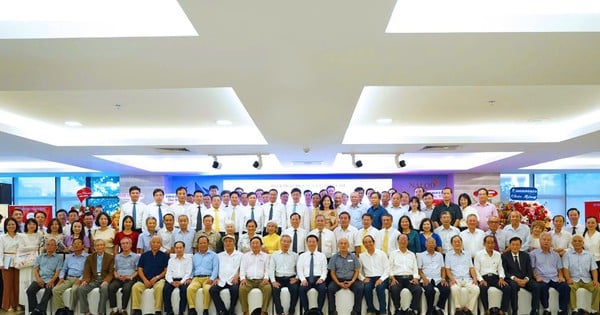

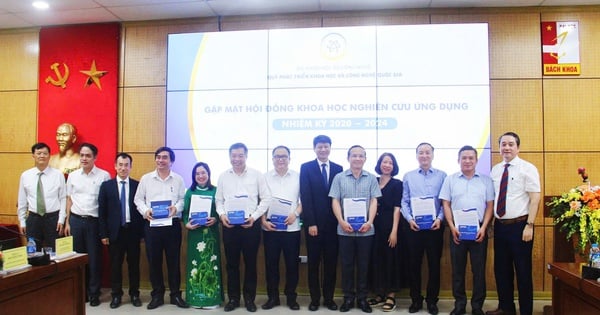





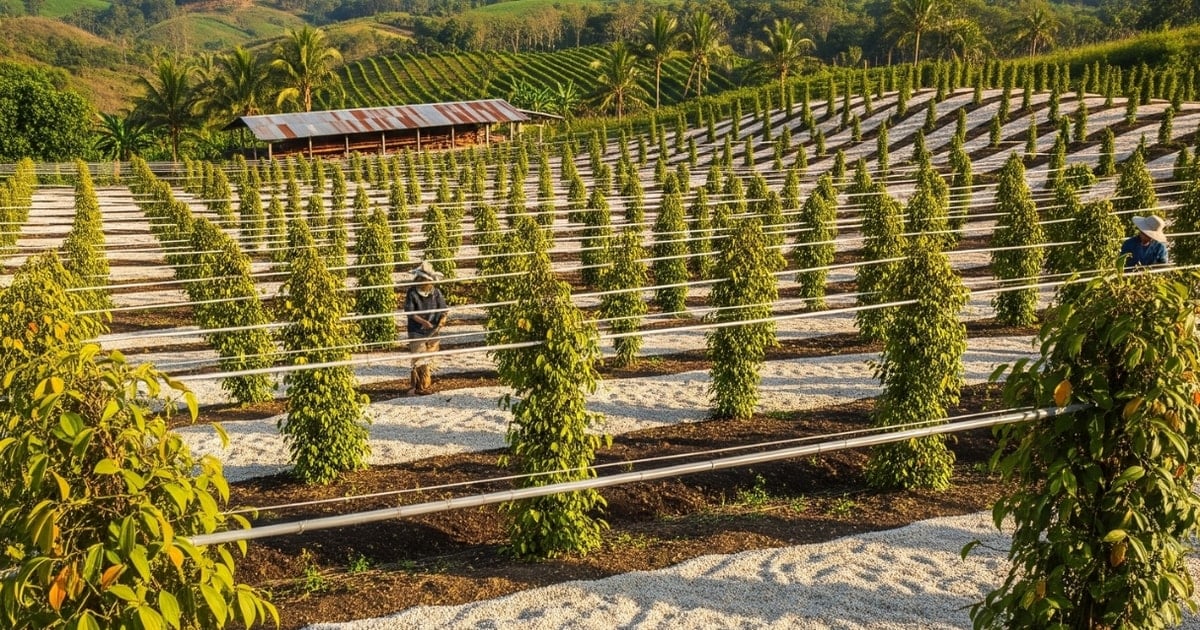



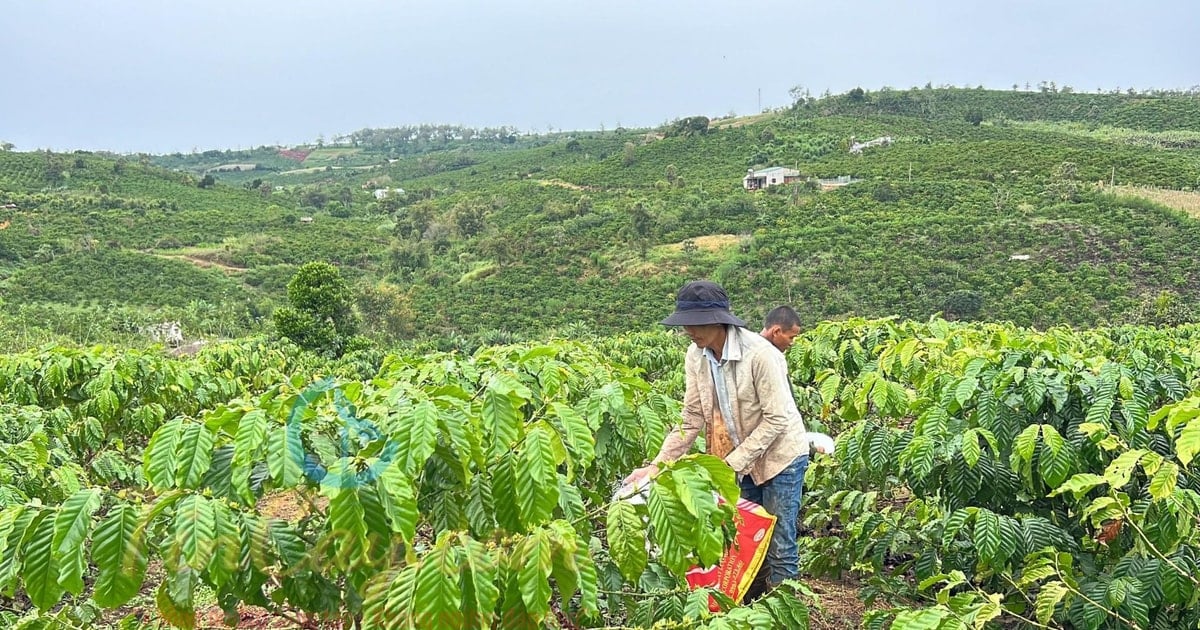
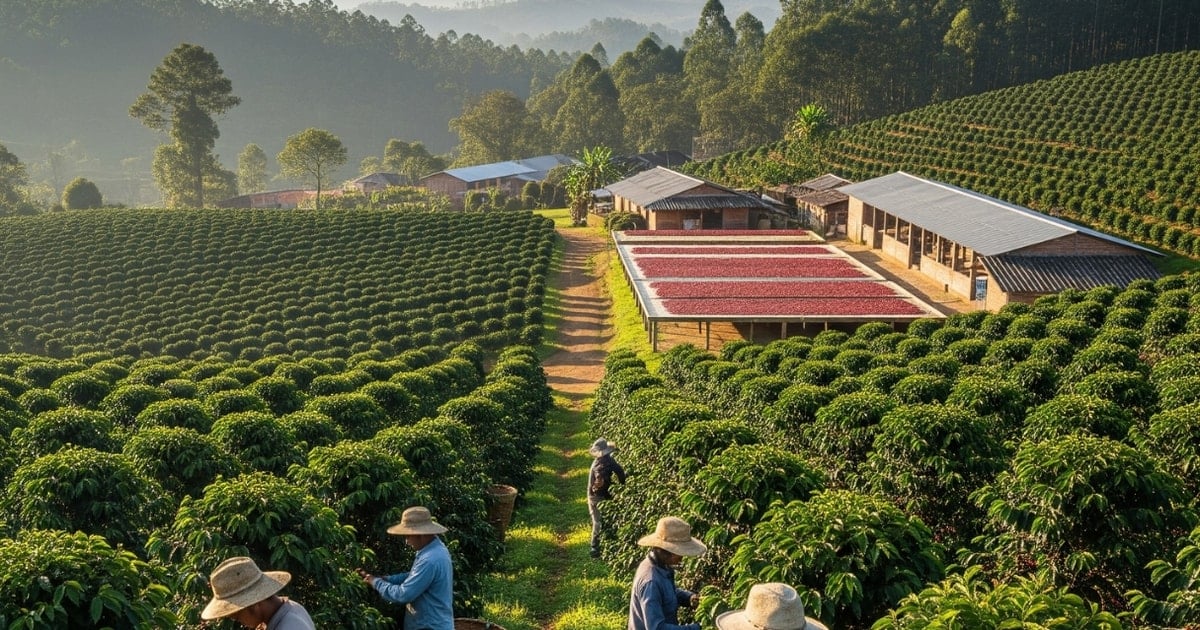
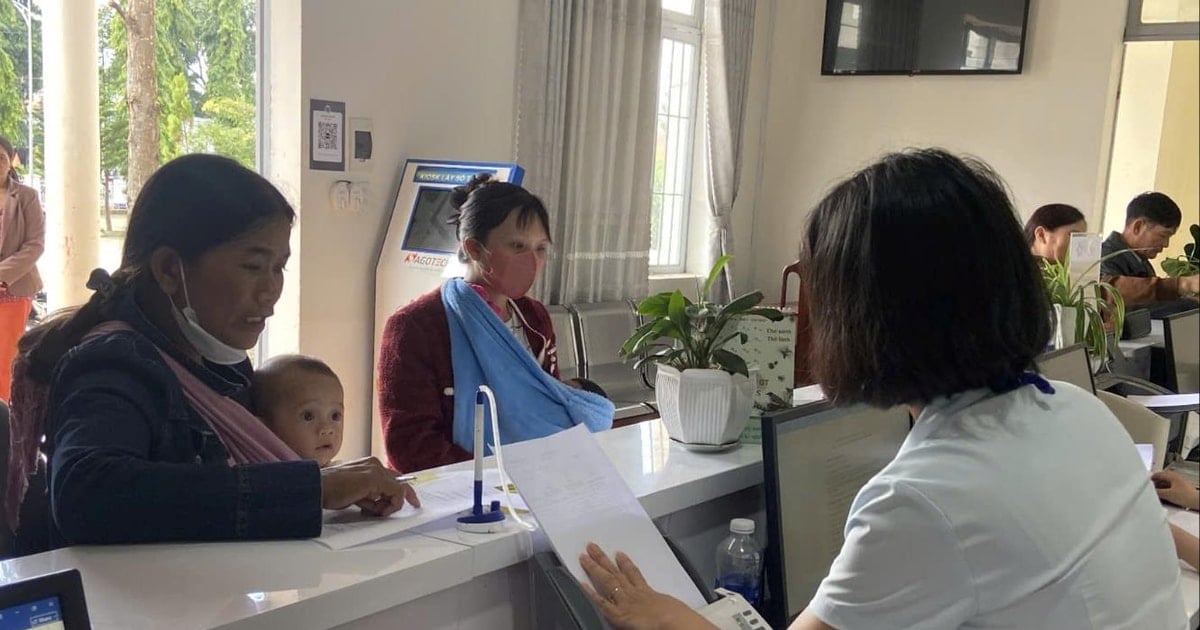

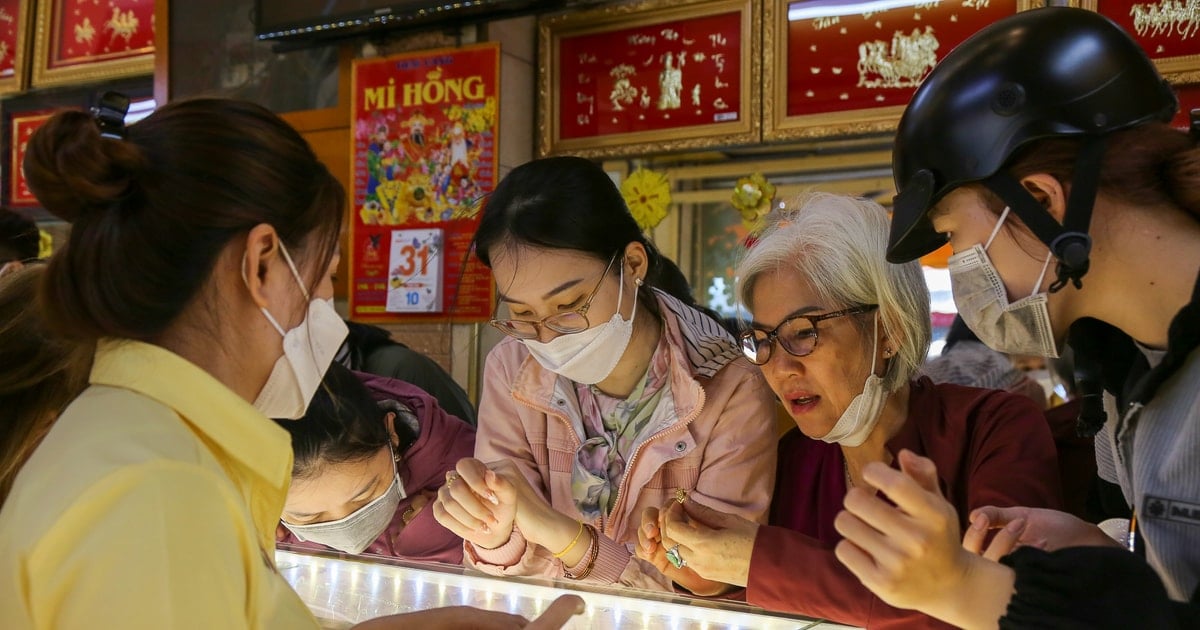















Comment (0)